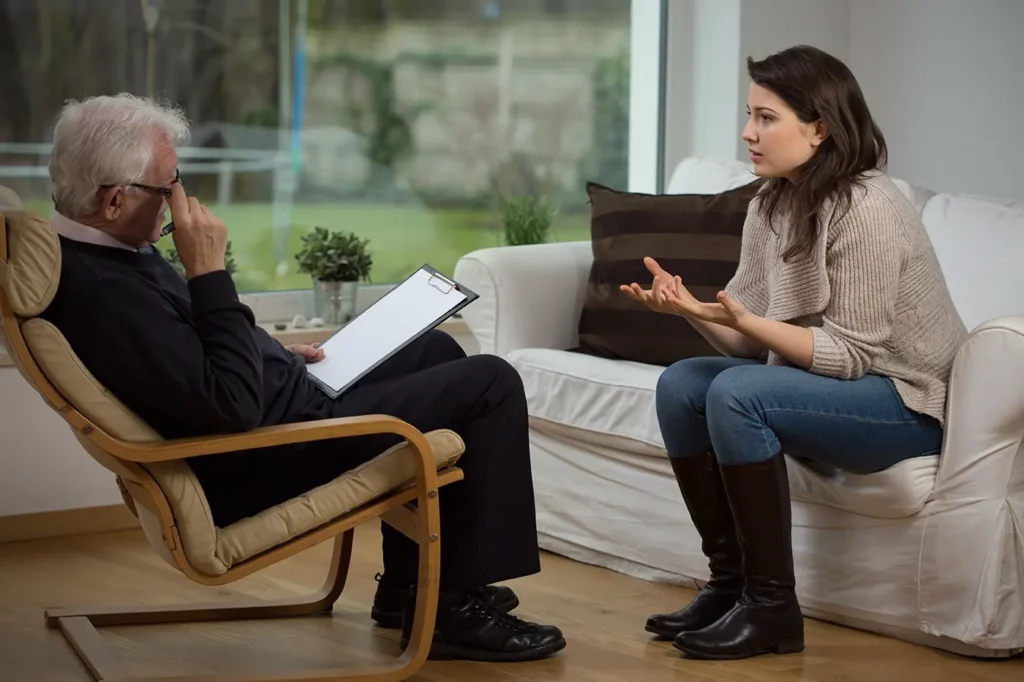24/7 Helpline:
(866) 899-221924/7 Helpline:
(866) 899-2219
Learn more about Dialectical Behavior Therapy centers in Moodys
Dialectical Behavior Therapy in Other Cities

Other Insurance Options

Ceridian

Meritain

Magellan

PHCS Network

United Health Care

Carleon

Excellus

MHNNet Behavioral Health

Premera

American Behavioral

Cigna

EmblemHealth

Highmark

Providence

CareSource

Evernorth

Molina Healthcare

Access to Recovery (ATR) Voucher

Private insurance

UnitedHealth Group










Northeastern Behavioral Health Services
Northeastern Behavioral Health Services is a public rehab located in Tahlequah, Oklahoma. Northeaste...

Creoks Mental Health Services
Creoks Mental Health Services is a private rehab located in Tahlequah, Oklahoma. Creoks Mental Healt...

Cherokee Nation – Behavioral Health Adult Clinic
The Behavioral Health Adult Clinic of Cherokee Nation is a co-occurring addiction treatment center i...










































Redefine U
Redefine U is a private rehab located in Tahlequah, Oklahoma. Redefine U specializes in the treatmen...

People
People Inc. is located in Tahlequah, Oklahoma. People Inc. provides quality community based, habilit...











































